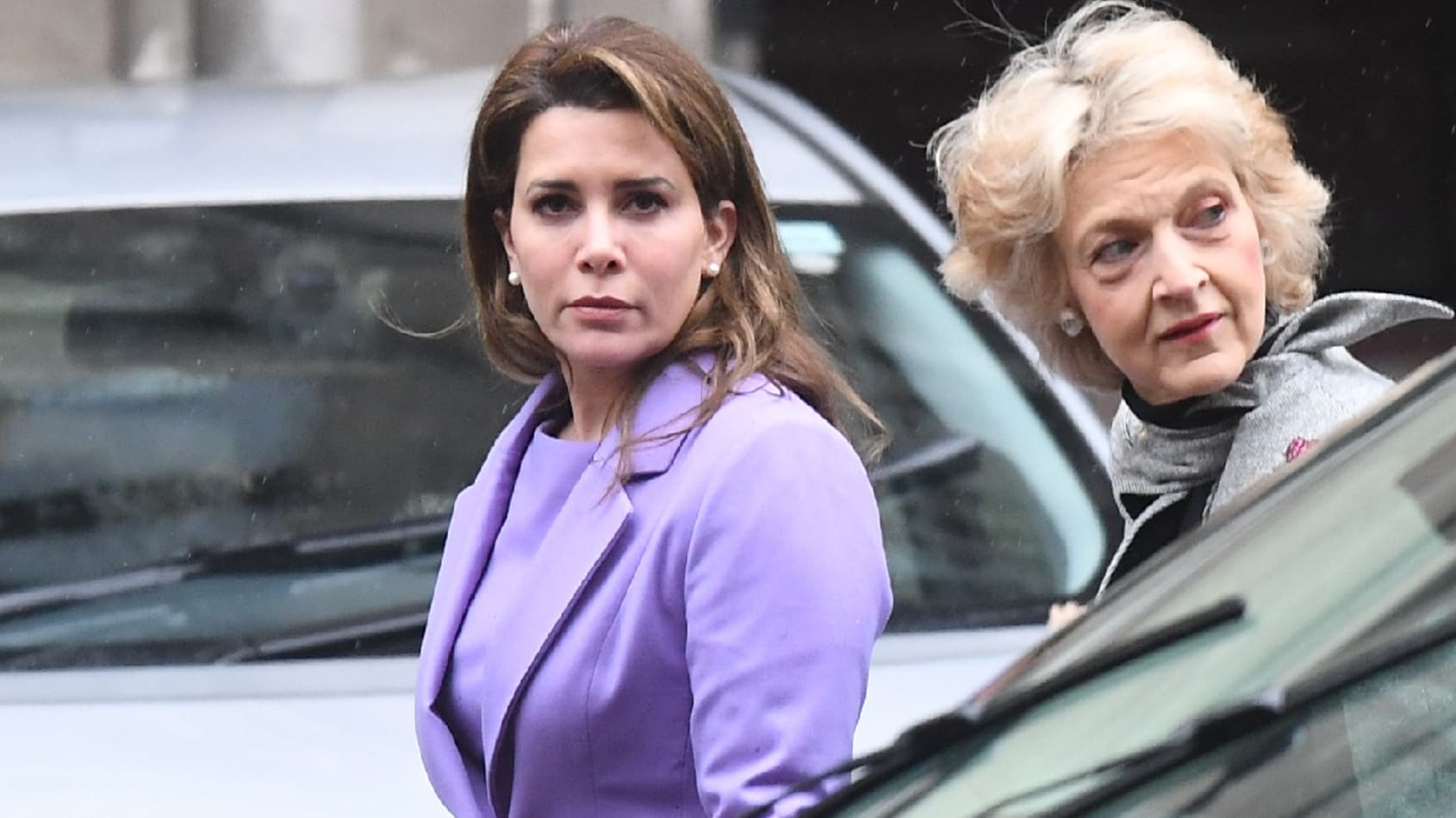Ten-day hearing is expected to lead to largest divorce payout in British legal history
Kate Samuelson, The Week UK
October 28, 2021
Jordan’s Princess Haya has launched her court bid to claim what experts predict may be a record-breaking divorce settlement from her estranged billionaire husband, Dubai ruler Sheikh Mohammed.
The ten-day High Court hearing, which began yesterday, “is the biggest divorce case in British legal history”, according to The Times.
Although details of the hearing are currently under wraps, the payout for the princess and her two children by the 72-year-old sheikh “could surpass the record £450m awarded in 2017 to Tatiana Akhmedova”, the former wife of Russian billionaire Farkhad Akhmedov, said the paper.
Unhappy families
Princess Haya Bint al-Hussein, who is the half-sister of Jordan’s King Abdullah II, married Sheikh Mohammed bin Rashid Al Maktoum in 2004. The Dubai ruler, also vice president of the United Arab Emirates (UAE), reportedly has 23 children by different wives.
In early 2019, the princess fled Dubai with her two children. She was reported to be fearful for her life after beginning an affair with her British bodyguard.
She initially fled to Germany but now lives in an £85m townhouse in Kensington Palace Gardens, near the home of Prince William and Kate Middleton. The Jordanian embassy made Haya a senior diplomat in October 2019, granting her diplomatic immunity and protection, as well as the right to remain in the UK.
Haya, now 47, is the third female member of her husband’s court “to apparently try to run away”, the BBC reported after she fled to London.
In 2000, four years before Haya married the sheik, one of his daughters fled from her family while at their holiday home in Surrey. Sheikha Shamsa, then 19, was abducted and returned home two months later. She has not been seen in public since.
Her sister, Latifa, also tried to flee from the UEA in 2018, on a boat, but the vessel was intercepted by commandos off the coast of India. She was returned to Dubai and has not been see in public since either.
After Haya fled in 2019, Sheik Mohammad divorced her under sharia law before applying to London’s High Court for the return of his children to Dubai. The judge rejected the request.
‘Walls are closing in’
During court hearings earlier this month, the princess said she has been “beset by threats and pressures” since leaving Dubai more than two years ago, the FT reported.
According to the paper, her lawyers successfully managed to extend an existing non-molestation order (a type of injunction often sought by domestic abuse victims) that “banned the sheikh or his associates from a 100-metre exclusion zone” around her Berkshire bolthole, Castlewood mansion. The injunction also reportedly upheld “a 1,000ft no-fly zone above it to protect her and blocked any purchase of the 77-acre estate”.
“The prospect of Sheikh Mohammed, or those on his behalf buying the properties around Castlewood is terrifying and utterly wearing,” Haya was said to have testified. “It feels like the walls are closing in on me. I feel like I am defending myself against a whole ‘state’.”
A senior High Court judge ruled earlier this year that Sheikh Mohammed had used Pegasus spyware to hack the princess and five of her associates, including two of her lawyers.
In a “damning” judgment made in May but not published until early October, Haya’s phone was found to have been hacked 11 times in July and August last year with Sheikh Mohammed’s “express or implied authority”, The Guardian reported.
Judge Andrew McFarlane, chair of the Family Justice Council, said the hacking occurred during “a particularly busy and financially interesting time” in the ongoing divorce custody case between the Sheikh and his estranged wife.
Sheikh Mohammed was not present in court during the hearing and has denied the hacking allegations. “As a head of government involved in private family proceedings, it was not appropriate for me to provide evidence on such sensitive matters,” he said in a statement.
While the allegations may be “embarrassing” for the sheikh, said BBC security correspondent Frank Gardner, his “sovereign immunity from any future potential prosecution” means “there is little or no prospect of his ever having to face any police questioning”.
